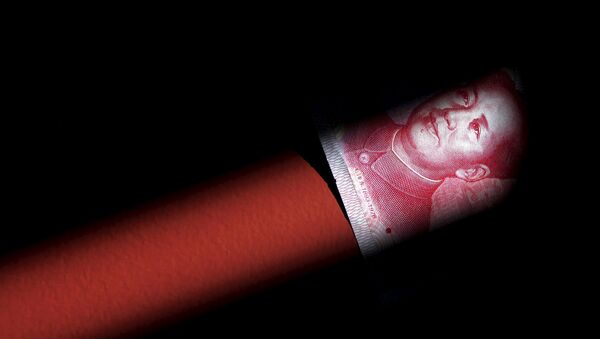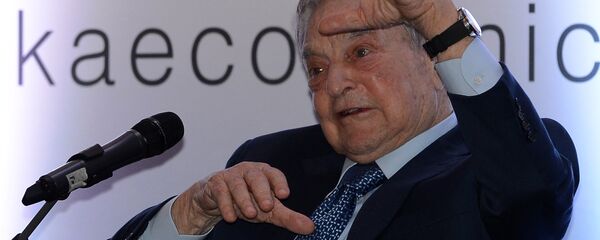"The Chinese government has no intention to stimulate export by means of devaluing the yuan, let alone waging economic wars. In reality, the yuan has retained basic stability to the currency basket, and there is no basis for its continued devaluation. We will carry on gradually implementing reform to the currency exchange rate setting mechanism, and we will maintain the yuan's value at a rational, stable level," Li said in a phone conversation with International Monetary Fund (IMF) Managing Director Christine Lagarde, according to a statement by the Chinese Foreign Ministry.
China's currency has lost more than 1.5 percent against the US dollar since the start of 2016, reaching its lowest rate since 2010. The yuan's January devaluation by the People's Bank of China (PBC) has been the largest since August 2015, when the currency lost over 3 percent against the dollar, triggering a stock market slump around the world. On Thursday, the yuan traded at 6.57 to the dollar, compared to 6.51 on January 1.
In spite of the deep structural changes taking place in China's economy, the country's authorities retain the capacity to ensure stable and sustainable economic growth, according to Li. Lagarde said that China could ensure growth by carrying out structural reforms and keeping the yuan stable.
Decelerating growth rates have plagued the Chinese economy alongside turbulent stock markets and a falling currency. China's economy grew 6.9 percent in 2015, down from 7.3 percent in 2014, amounting to the lowest annual GDP increase in 25 years.



